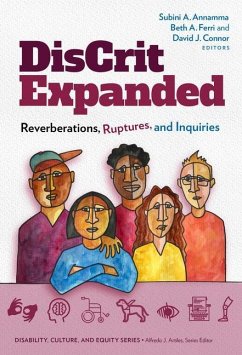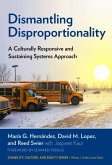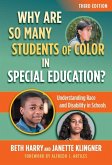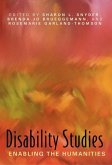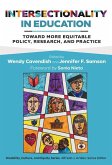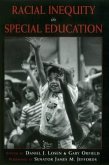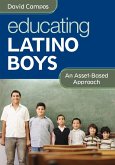This sequel to the influential 2016 work DisCrit--Disability Studies and Critical Race Theory in Education explores how DisCrit has both deepened and expanded, providing increasingly nuanced understandings about how racism and ableism circulate across geographic borders, academic disciplines, multiplicative identities, intersecting oppressions, and individual and cultural resistances. Following an incisive foreword by DisCrit intellectual forerunner Alfredo Artiles, a diverse group of authors engage in inward, outward, and margin-to-margin analyses that raise deep and enduring questions about how we as scholars and teachers account for and counteract the collusive nature of oppressions faced by minoritized individuals with disabilities, particularly in educational contexts. Contributors ask readers to consider incisive questions such as: What are the affordances and constraints of DisCrit as it travels outside of U.S. contexts? How can DisCrit, as a critical and intersectional framework, be used to support and extend diverse forms of activism, expanded solidarities, and collective resistance? How can DisCrit inform and be augmented by engagements with other critical theories and modes of inquiry? How can DisCrit help to illuminate agency and resistance among learners with complex learning needs? How might DisCrit inform legal studies and other disciplinary and interdisciplinary contexts? How can DisCrit be a critical friend to interrogations involving issues of citizenship, language, and more? Book Features: * Expands the discussion on DisCrit to include issues of language, citizenship, postsecondary education, and more. * Presents a robust engagement with DisCrit that reaches across disciplines, geographies, and temporalities. * Highlights the lived experience of people with disabilities as knowledge generators fighting against the collusive power of racism and ableism. * Recognizes that disability is complex and multifaceted, and that Black people, Indigenous People, and other People of Color should not be bound by labels in educational experiences and throughout their lives. * Further explores the discussion on DisCrit while encouraging disability scholars to substantially integrate racism into their analyses, and for race scholars to do the same with ableism.

